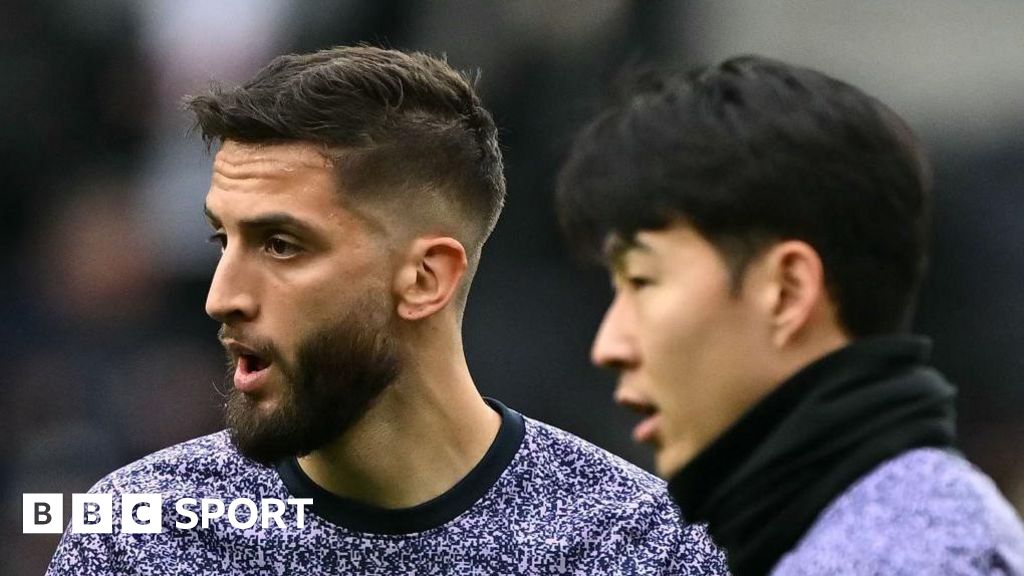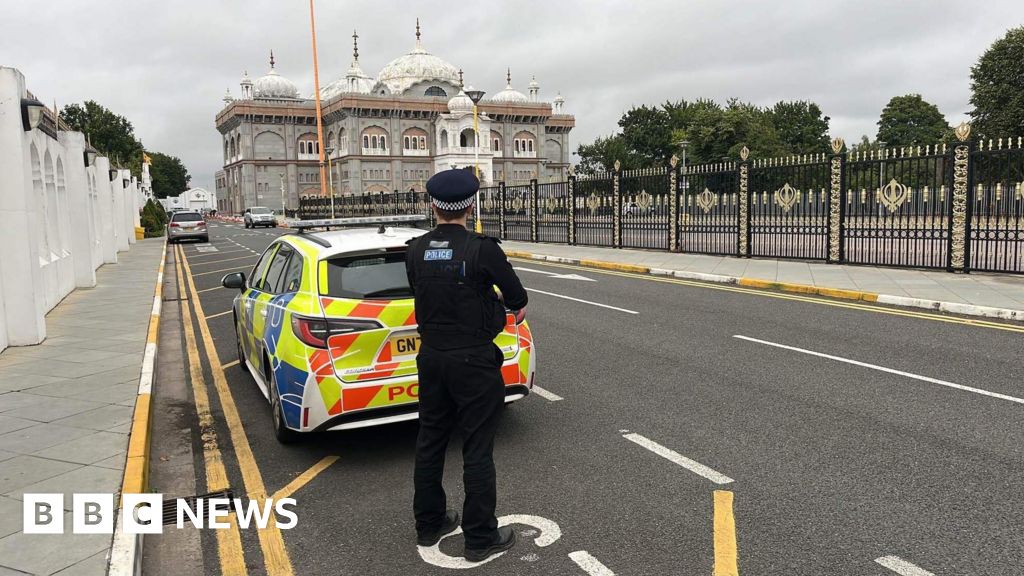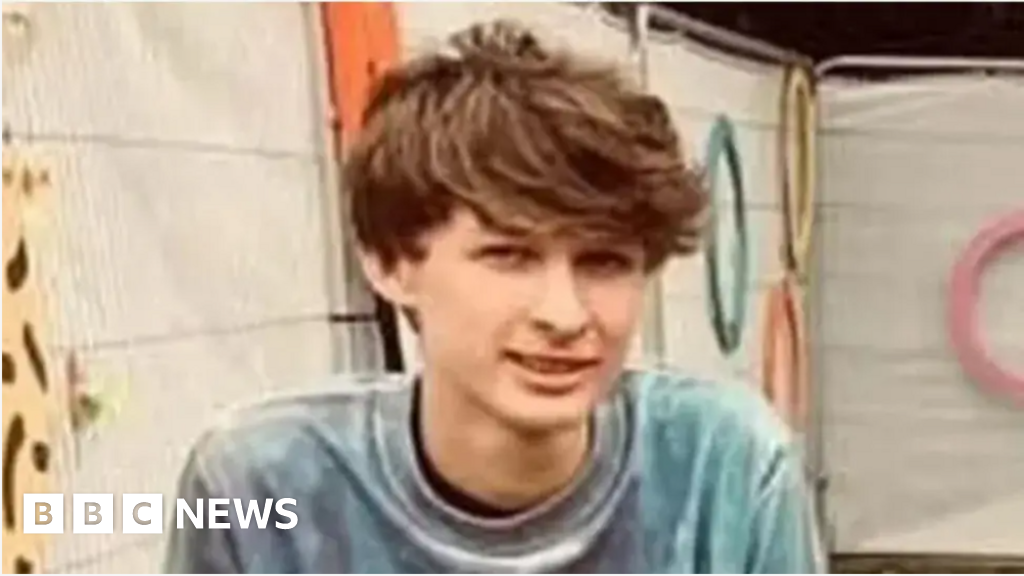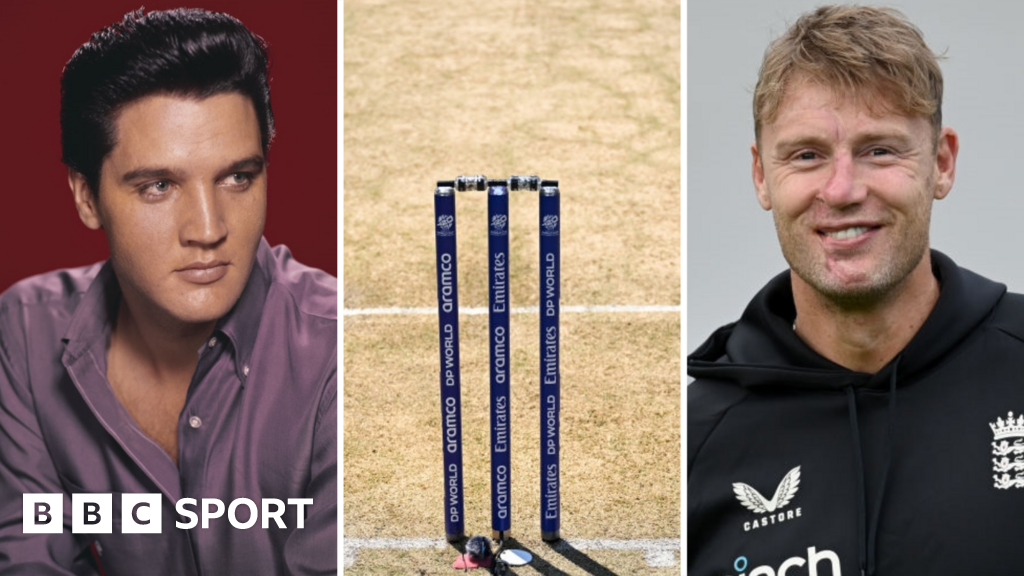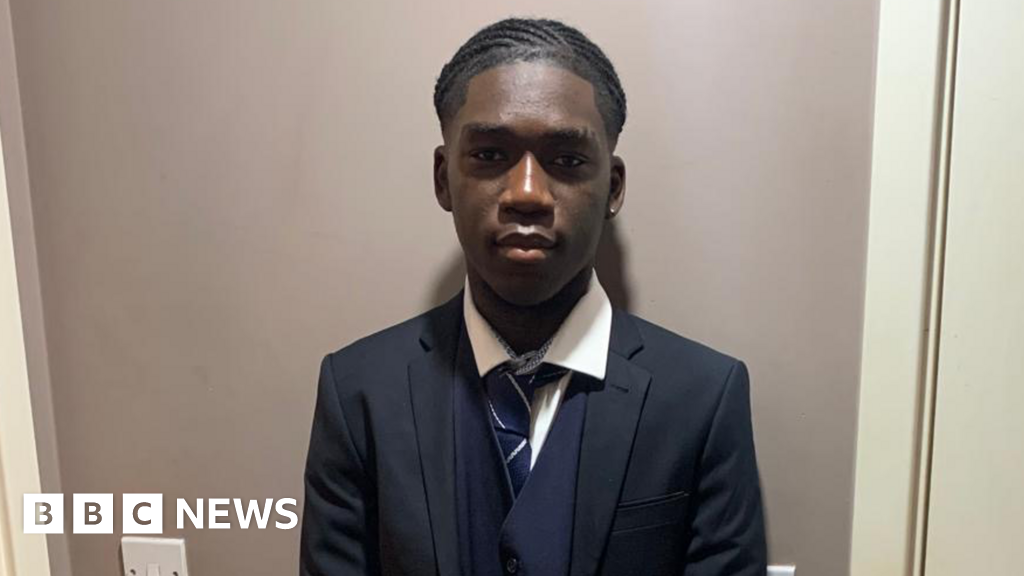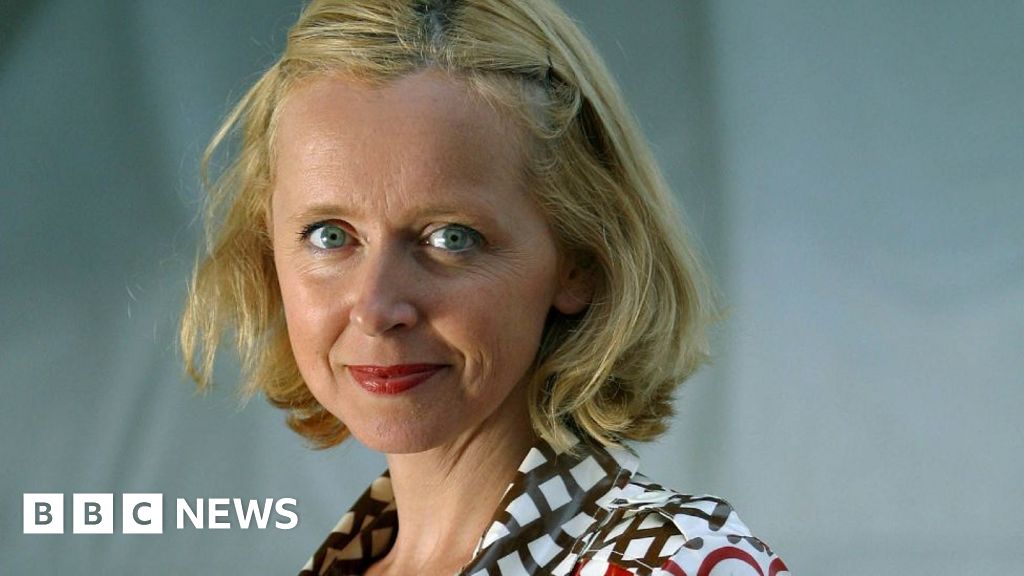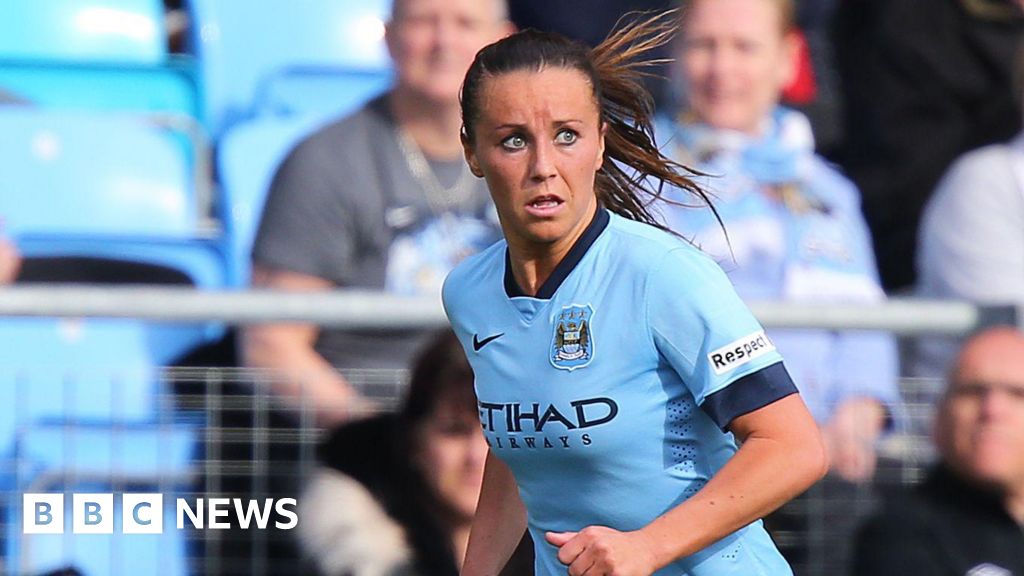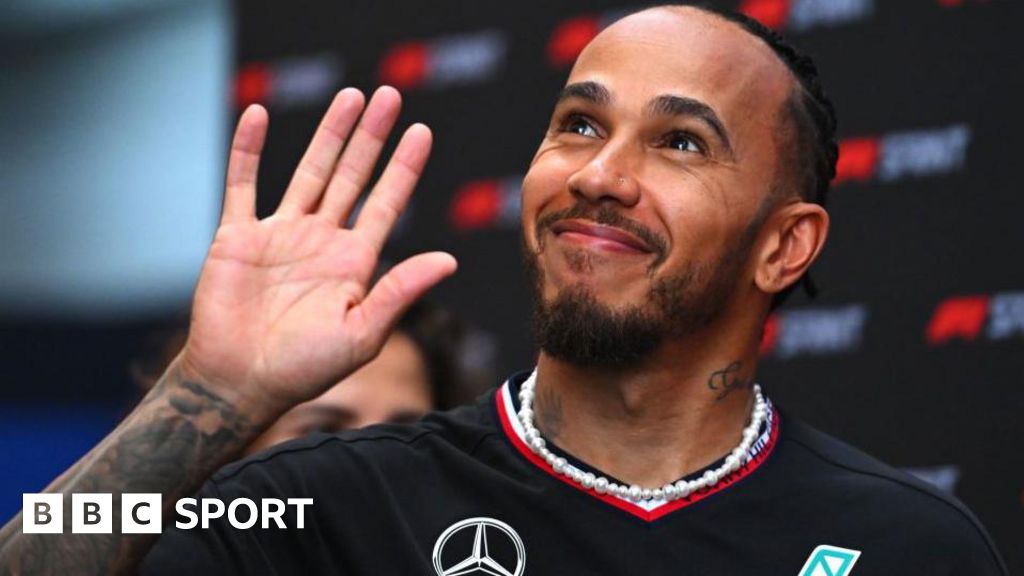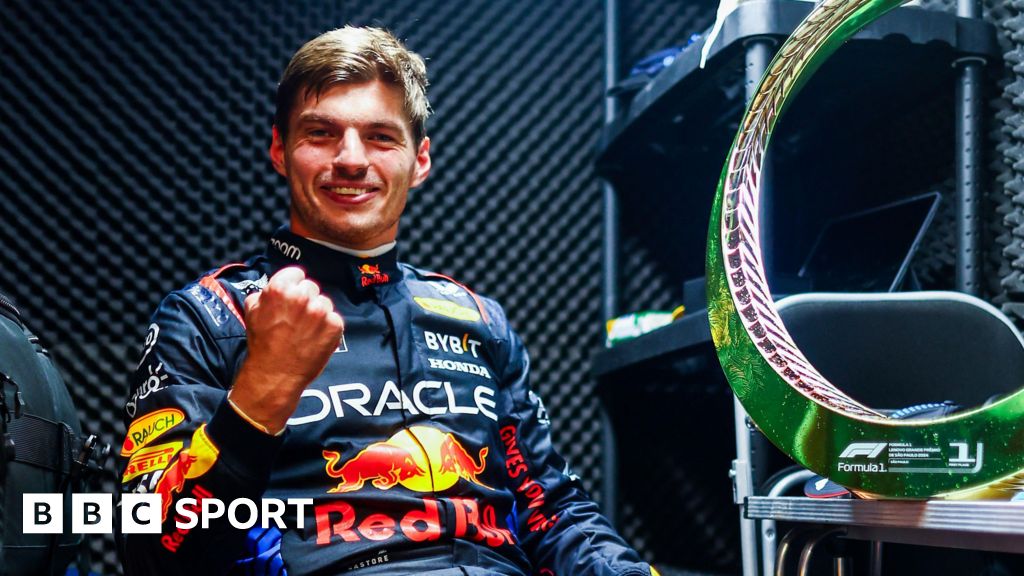
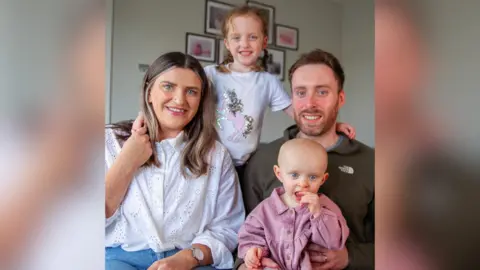 Family handout
Family handout
Lauren and Craig Duncan say they couldn't "really process what was going on" when their daughter had a stroke
A mother from Londonderry has spoken of her shock after her newborn baby had a stroke, describing it as an "overwhelming and scary" time for their family.
Anna was born in June 2023 by emergency Caesarean section (C-section) and seemed to be healthy, but after a few days, her mother Lauren Duncan began to notice her making "strange repeated rhythmical movements".
“Never in a million years did I think a baby could have a stroke," Lauren told BBC News NI.
“Everything was a blur at that time and we didn't really know how to process it,” she said.
'We eventually did get that smile'

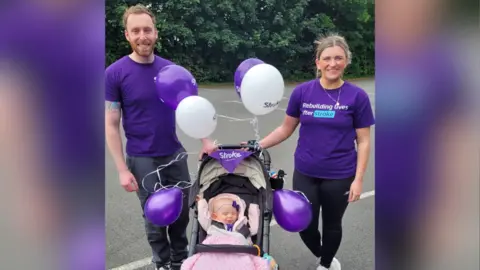 Family
Family
Lauren and Craig didn't know who could give them support when Anna had a stroke
Anna was transferred to the Neonatal Intensive Care Unit (NICU), where she was tested and monitored.
After a week, doctors carried out a magnetic resonance imaging (MRI) scan of Anna’s brain, which showed signs of a perinatal stroke - which is a stroke that either happens in the womb or as a newborn.
“Once the stroke was detected, everything was so fast-paced we went from knowing nothing to knowing too much in the space of a few minutes," Lauren told BBC Radio Foyle.
"We were given an endless list of likelihoods for Anna’s development and that they weren't going to be straightforward," she said.
“One of the first things we were told was that she may not smile, she may not talk , she may not walk, she might not have any understanding.
"As a parent that was horrendous and the first few weeks waiting for her to smile were really dark and really hard to process.
“We eventually did get that smile and it was the best day ever," she added.
Anna's mother said she believed that early intervention had been "life-changing" for her development.
“She has been going to occupational therapy, speech therapy and physiotherapy since she was about four weeks old.
“We celebrate every win, she is a miracle and brings so much joy to everyone who meets her," she told Radio Foyle's North West Today programme.
Peer support
Lauren and Craig said they contacted the Stroke Association’s Childhood Support Team and say they are incredibly grateful for their help.
“The lady on the call listened to me for hours and provided our whole family with support and guidance. I will be forever grateful for this call,” said Lauren.
Lauren and Craig also received peer support from another mum on the "same journey" as them.
"She provided us with so much hope that our future would be brighter and happier times would come," Lauren said.
"She is a friend that I never knew I needed and in turn I can pass on her advice to more parents and caregivers,” she added.
'We're here to help'

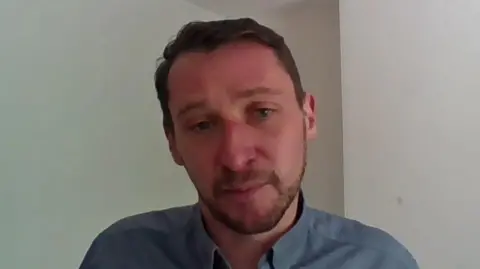
Alasdair O’Hara says his charity helps connect stroke survivors and their families together
Alasdair O’Hara, Northern Ireland Director at the Stroke Association, said: “Connecting with others affected by stroke is often the most important thing in helping to recover.
"Sharing your experiences can help you understand stroke and learn new ways to cope."
Mr O'Hara added that every year more than 4,000 people in Northern Ireland face the "devastating reality of having had a stroke".
The charity supports survivors and their loved ones and helps connect people.
"From the moment they enter the new and frightening post-stroke world, we’re here to help survivors find their strength and their way back to life."
What is a stroke?
A stroke cuts off blood supply to parts of the brain, killing some cells.
They are common and can affect people of all ages, but many patients survive if they receive prompt treatment.
All strokes are different, depending on the part of the brain that is damaged.
For some people, the effects may be relatively minor and may not last long, while others may be left with more serious long-term problems.
How to spot the signs of a stroke
If you suspect that you or someone else are having a stroke, call emergency services - 999 in the UK - immediately and ask for an ambulance.
The main symptoms of stroke can be remembered with the word FAST:
Face - drooping
Arms - unable to lift both and keep them there.
Speech - slurred, garbled or unresponsive
Time - dial 999 immediately

 3 weeks ago
10
3 weeks ago
10
